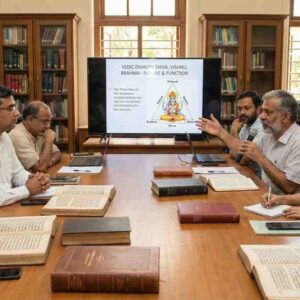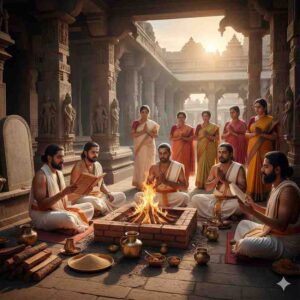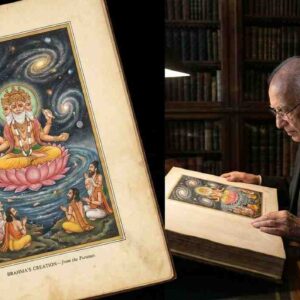Religion and philosophy, though intertwined in their quest to understand existence, differ fundamentally in their approach, purpose, and structure. While religion operates as a structured belief system rooted in faith and divine revelation, philosophy emphasizes rational inquiry and intellectual exploration. This article unpacks these distinctions and explores their coexistence in shaping human understanding.
Religion: A Structured Framework of Faith
Religion is often defined by its adherence to a set of beliefs, rituals, and practices centered around the divine. It provides moral guidance and a sense of purpose, offering answers to existential questions through sacred texts and traditions.
Key Characteristics of Religion:
- Faith-Based Approach: Religion relies on unwavering belief in divine powers or higher entities.
- Organized Practices: Rituals, prayers, and ceremonies form the backbone of religious expression.
- Community and Identity: Religion fosters a sense of belonging and shapes cultural and social identities.
- Sacred Authority: Religious doctrines are often considered infallible, as seen in texts like the Quran, Bible, or Vedas.
In India, religion plays a pivotal role in daily life, with97% of Indians believing in Godand80% viewing religion as integral to their identity, according to thePew Research Center (2021). Festivals like Diwali and Eid exemplify how religion integrates with cultural and social frameworks.
Philosophy: The Quest for Understanding
Philosophy, in contrast, seeks to understand the nature of reality, existence, and ethics through reason and critical thinking. It challenges dogmas and encourages questioning as a means to uncover deeper truths.
Key Characteristics of Philosophy:
- Rational Inquiry: Philosophy relies on logic and evidence rather than faith or revelation.
- Individual Exploration: It is often a personal journey of understanding, free from institutional frameworks.
- Dynamic and Evolving: Philosophical ideas adapt over time, responding to new contexts and discoveries.
- Universal Scope: Unlike religion, philosophy transcends cultural and geographical boundaries.
Indian philosophical traditions likeVedanta,Buddhism, andCharvakahave pioneered ethical and metaphysical debates, emphasizing critical thought over ritualistic practices. A2023 survey by the Indian Institute of Philosophy and Critical Studiesrevealed that60% of Indian youth engage with philosophical content online, reflecting its growing relevance in modern contexts.
Comparing Religion and Philosophy
| Aspect | Religion | Philosophy |
| Basis | Faith and divine revelation. | Rational inquiry and logic. |
| Objective | Spiritual fulfillment and moral guidance. | Understanding reality, existence, and ethics. |
| Flexibility | Rigid and tradition-bound. | Dynamic and open to reinterpretation. |
| Expression | Rituals, prayers, and sacred texts. | Debate, analysis, and written discourse. |
| Community Role | Shapes cultural and social identities. | Influences individual perspectives and intellectual growth. |
The Intersection: Faith Meets Reason
Despite their differences, religion and philosophy often intersect. In Indian traditions, texts like theBhagavad Gitacombine religious devotion with philosophical inquiry, reflecting a synthesis of faith and reason.
TheSupreme Court’s 2024 decisionto include philosophy and ethics in school curriculums sparked debates about the balance between religious teachings and critical thinking. Supporters argue it fosters open-mindedness, while critics worry it might dilute traditional faith-based practices.
Relevance in Modern India
In contemporary India, religion and philosophy coexist, influencing various aspects of life. While religion continues to provide emotional solace and cultural identity, philosophy offers tools for critical thinking and adaptability in a fast-evolving world.
TheNational Education Policy (2020)emphasizes integrating traditional knowledge systems, including religious and philosophical teachings, into mainstream education. This approach ensures a balanced understanding of both structured belief systems and exploratory thought.
Conclusion: Complementary Pathways to Truth
Religion and philosophy represent two distinct yet complementary approaches to understanding life and existence. While religion offers faith and tradition, philosophy encourages questioning and intellectual growth. Together, they enrich human experience by addressing both the spiritual and rational dimensions of life, ensuring their timeless relevance in an increasingly complex world.











